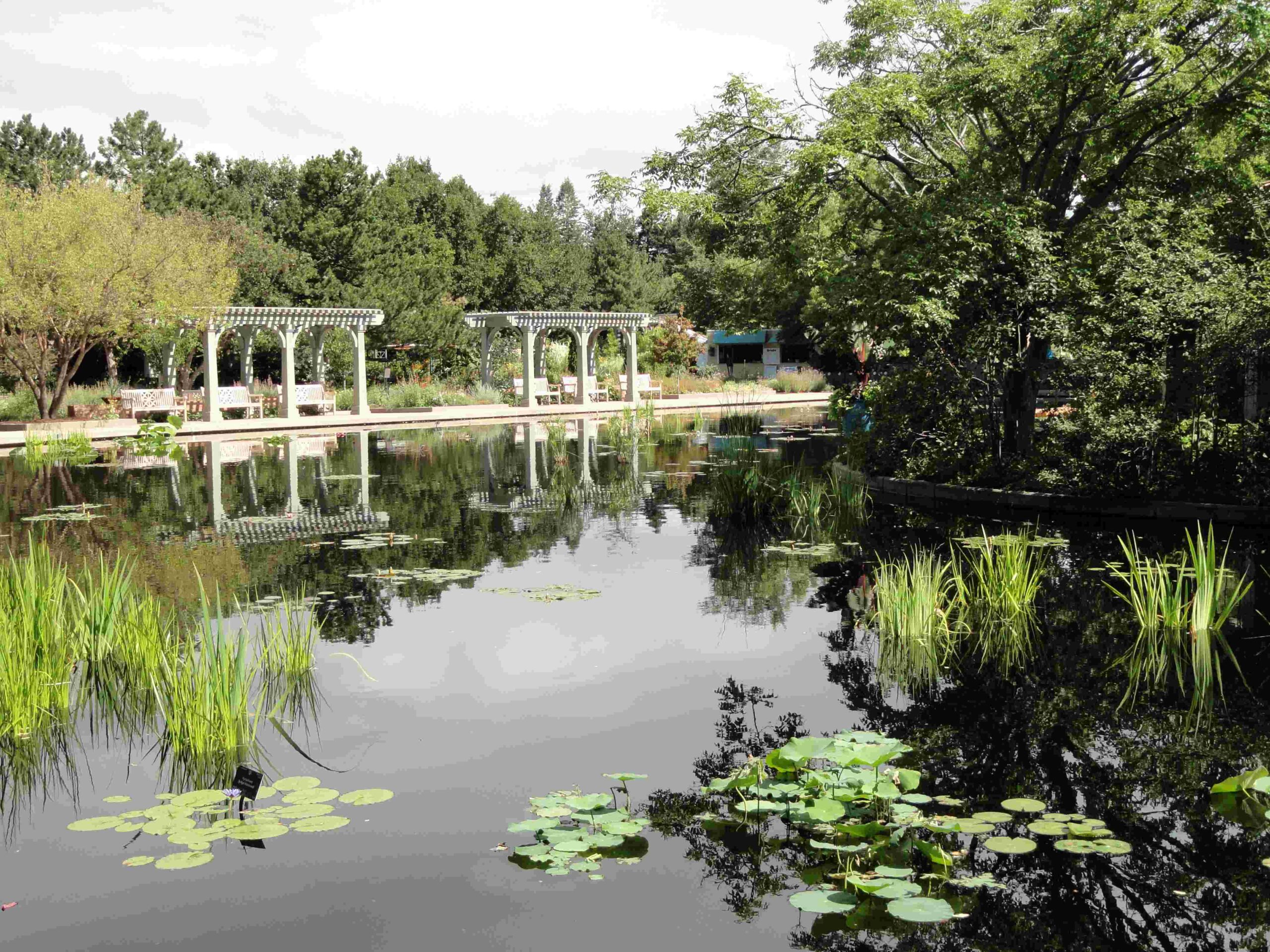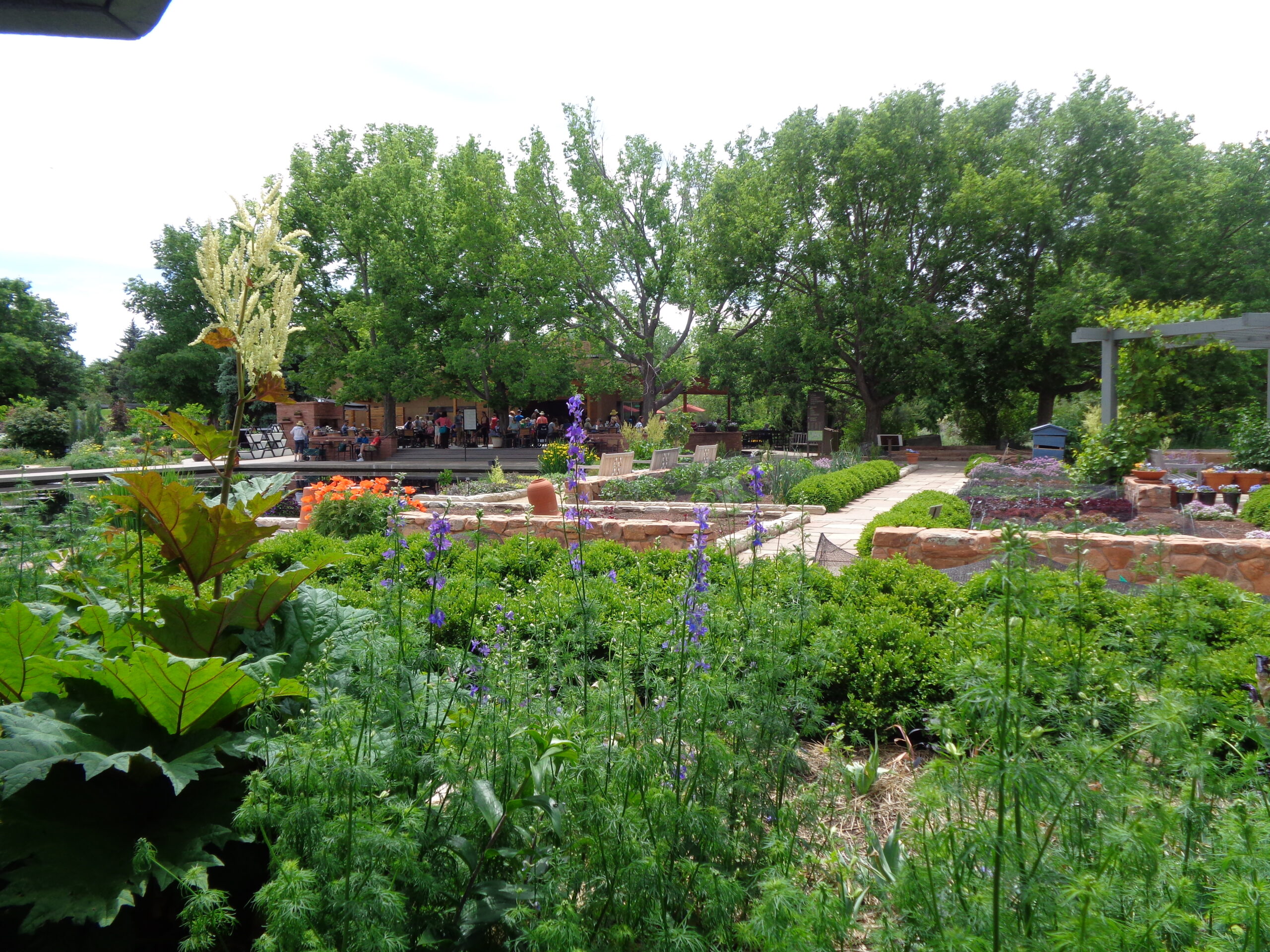The Denver Botanic Gardens Master Gardener program is a unique educational opportunity for garden enthusiasts in the Rocky Mountain region. Unlike traditional Master Gardener programs, Denver Botanic Gardens offers a specialized Rocky Mountain Gardening Certificate Series. This program provides in-depth knowledge of local horticulture, sustainable gardening practices, and ecosystem management. Participants gain expertise in various aspects of gardening specific to the challenging climate and conditions of the Rocky Mountain area.
What is the Rocky Mountain Gardening Certificate Series?

The Rocky Mountain Gardening Certificate Series is Denver Botanic Gardens’ alternative to a traditional Master Gardener program. This comprehensive educational program is designed to equip participants with the knowledge and skills necessary for successful gardening in the Rocky Mountain region.
Key features of the program include:
- 12 required core courses
- 3 elective courses
- Focus on local ecosystems and sustainable practices
- Typically completed within one year
The curriculum covers a wide range of topics, including:
- Bluegrass and Other Lawn Grasses
- Botany for Gardeners
- Colorado Ecosystems
- Ecology for Gardeners
- Pruning
- Rocky Mountain Horticulture I and II
- Seven Principles of Water-Smart Gardening®
- Tree ID and Selection
- Understanding Front Range Soils
- Vines and Groundcovers
- Water-wise Landscape Planning for Non-designers
This program provides a solid foundation for gardeners looking to excel in the unique conditions of the Rocky Mountain region.
How Does the Program Differ from Traditional Master Gardener Programs?

The Denver Botanic Gardens’ approach to gardener education differs significantly from traditional Master Gardener programs in several ways:
-
Focus: The Rocky Mountain Gardening Certificate Series is specifically tailored to the unique climate and conditions of the Rocky Mountain region.
-
Structure: Unlike many Master Gardener programs that require extensive volunteer hours, this program is primarily educational.
-
Duration: The certificate series is typically completed within a year, with core courses offered in the first half of the year.
-
Certification: Participants receive a certificate upon completion, rather than a Master Gardener title.
-
Volunteer Component: While volunteer opportunities are available at Denver Botanic Gardens, they are not a mandatory part of the program.
This approach allows for a more flexible and focused learning experience, catering to the specific needs of Rocky Mountain gardeners.
What Are the Costs and Financial Assistance Options for the Program?
While specific costs for the Rocky Mountain Gardening Certificate Series are not explicitly stated in the available sources, it’s important to note that financial assistance is available. This indicates that there are fees associated with enrollment in the program.
Financial assistance options include:
- Application process for financial aid
- Potential scholarships or reduced fees
- Flexible payment plans (subject to availability)
Prospective participants are encouraged to contact Denver Botanic Gardens directly for the most up-to-date information on program costs and financial assistance options.
What Volunteer Opportunities Are Available at Denver Botanic Gardens?
Although not directly tied to the Rocky Mountain Gardening Certificate Series, Denver Botanic Gardens offers a variety of volunteer opportunities for garden enthusiasts. These opportunities allow individuals to contribute to the gardens’ mission while gaining hands-on experience.
Volunteer areas include:
- Gardening and horticulture
- Education and outreach
- Conservation efforts
- Special events and exhibitions
Volunteers receive training specific to their roles, but it’s important to note that this training is distinct from the in-depth education provided in the certificate program.
What Facilities and Amenities Does Denver Botanic Gardens Offer?
Denver Botanic Gardens boasts world-class facilities that support its educational programs and provide a stunning backdrop for learning about horticulture. Key facilities include:
-
Freyer – Newman Center for Science, Art & Education: A state-of-the-art facility hosting classes, workshops, and exhibitions.
-
York Street: The main gardens, featuring a diverse collection of plants and themed gardens.
-
Chatfield Farms: A 700-acre native plant refuge and working farm.
-
Plains Conservation Center: Dedicated to the preservation and interpretation of the prairie ecosystem.
These facilities offer:
- Classrooms and lecture halls
- Demonstration gardens
- Research areas
- Public spaces for events and gatherings
While specific details on parking and accessibility are not provided in the sources, Denver Botanic Gardens is committed to providing an inclusive experience for all visitors and program participants.
How Can One Apply for the Rocky Mountain Gardening Certificate Series?
To apply for the Rocky Mountain Gardening Certificate Series at Denver Botanic Gardens, follow these steps:
- Visit the Denver Botanic Gardens website (www.botanicgardens.org)
- Navigate to the Education section
- Look for the Rocky Mountain Gardening Certificate Series under Adult Programs
- Review the program requirements and course offerings
- Contact the education department for application materials
- Submit your completed application along with any required documentation
- Await confirmation of your acceptance into the program
It’s recommended to apply early, as spaces in the program may be limited.
What Are the Career Prospects for Graduates of the Program?
While the Rocky Mountain Gardening Certificate Series is not a professional certification program like some Master Gardener programs, it does provide valuable knowledge and skills that can enhance career prospects in horticulture and related fields.
Potential career paths for graduates include:
- Landscape design and maintenance
- Nursery and garden center management
- Environmental education
- Sustainable gardening consultation
- Urban agriculture
Additionally, the knowledge gained can be applied to personal gardening projects, community initiatives, and volunteer work in conservation and horticulture.
How Does the Program Address Sustainable Gardening Practices?
Sustainability is a core focus of the Rocky Mountain Gardening Certificate Series. The program emphasizes environmentally responsible gardening practices that are particularly relevant to the Rocky Mountain region.
Key sustainability topics covered include:
- Water-wise gardening techniques
- Native plant selection and cultivation
- Soil health and conservation
- Integrated pest management
- Ecosystem preservation and restoration
By incorporating these principles, the program equips participants with the knowledge to create and maintain gardens that are both beautiful and environmentally sustainable in the unique Rocky Mountain climate.
The Denver Botanic Gardens’ Rocky Mountain Gardening Certificate Series offers a comprehensive and regionally-specific alternative to traditional Master Gardener programs. With its focus on sustainable practices, local ecosystems, and hands-on learning, this program provides invaluable knowledge for both amateur and experienced gardeners in the Rocky Mountain region.
References:
1. https://www.botanicgardens.org/education/adult-programs/rocky-mountain-gardening-certificate-series
2. https://www.botanicgardens.org/education/adult-programs
3. https://www.botanicgardens.org/education-programs/certificate-programs-gardens

